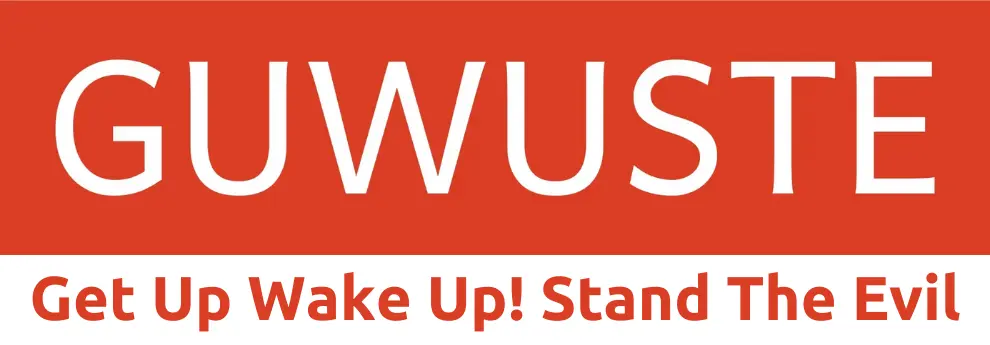How Did Arab and Muslim Leaders Betray Humanity?
03 Aug 2025
- Share:

The Silent Cry Enveloping the World and the Darkest Scene in Human History: What is Happening in Palestine
What is happening in Palestine is not only a test of geography but also a tragedy testing humanity’s conscience. Millions crushed under bombs, hunger, and medicine embargoes remain forgotten on the world stage. The harshest truth is that the silence of Arab and Muslim leaders in the face of this human drama is not just betrayal but a dark stain on human history. Do you think these leaders truly stand with their people, or are they silent for their own interests?
The Mask of Peace Rhetoric: The Crude Face of Hypocrisy
Those who say “we protect peace” rain bombs with the same hands; rhetoric condemning civilians to hunger is merely a mask used to cover true intentions. While international law remains on paper, power centers suspend the law. The distorted role of Arab and Muslim leaders in this twisted game is troubling; acting with vested interests that hinder real peace lays the groundwork for deepening the tragedy.
Sectarianism and Division: The Bleeding Wound of the Arab and Muslim World
Instead of common Arab nationalism or ummah consciousness, sectarian conflicts and internal strife weaken regional solidarity. Interests based on oil revenues and authoritarian regimes feed division. Leaders’ helplessness in the face of internal conflicts directly contributes to trampling human dignity. Do you think leaders act to soothe their people’s pain or to preserve their own power?
Deliberate Blindness and the Dark Apparatuses of Power
Leaders who turn a blind eye to human rights violations legitimize violence under the name of sacred or national interests. Military operations, economic sanctions, and intelligence collaborations create a climate of fear that suppresses dissenting voices. These power apparatuses play an active role in sustaining regional and global conflicts. Isn’t this blindness a grave crime against human history?
The Double Face of Religious Texts: Legitimizing Oppression
Sacred texts are used as political tools with dual readings that both condemn oppression and promise victory, mobilizing supporters while intimidating opponents. Similar religion-politics relations in Muslim countries lead to double readings that create linguistic confusion, both criticizing and legitimizing oppression for political legitimacy and social control.
Dehumanization and the Dark Face of Psychological Warfare
While Palestinians are stigmatized as “savage masses,” aggressors are portrayed as “hybrid monsters” in psychological warfare that facilitates denial of victims’ rights and normalization of violence. Mass stigmatization based on seasonal terror arguments in regional countries is a local reflection of manipulation. Linguistic violence manipulating social consciousness weakens empathy and paves the way for bullying.
Violated Norms of International Law and the Legitimacy Crisis
International norms like the Geneva and Genocide Conventions are suspended on the ground. The reality is not the rule of law but the law of power. Surprising parallels between Western states’ rhetoric in Iraq and Afghanistan invasions and operations in Gaza deepen the legitimacy crisis of international law and hinder real accountability mechanisms.
Dark Alliances in the Context of Geopolitical Interests and Energy
The US-Israel military and intelligence cooperation lies at the heart of the Gaza crisis. The strategic blindness of Arab and Muslim leaders based on oil revenues complicates the regional security architecture. Global energy lobbies maintain the profit cycle fed by the crisis; economic sanctions leave populations vulnerable while propping up regimes. BRICS’s pro-Palestine steps and the European Union’s recognition intentions reshape the geopolitical risk map. The balance politics and strategic autonomy pursuits of regional countries hold critical positions in this complex network.
Critical Turning Points in Domestic Politics and Foreign Relations
Authoritarianism, human rights violations, and religion-politics relations in regional countries reveal discursive and practical parallels in the Palestine crisis. Balance politics and strategic autonomy in foreign policy are vital for regional solidarity and crisis management. Legal transparency, cultural dialogue channels, economic independence, and horizontal solidarity networks are necessary steps that will deepen democratic participation and strengthen social resilience.
Final Word: Humanity in the Shadow of Dark Plans
Behind the silent cries enveloping the region lie complex and secret operational plans targeting humanity’s most fundamental values; plunging the region and societies into deep deadlock. It is no longer time to question but to act. We must recognize betrayals and rebuild human dignity with conscious and determined steps. Otherwise, history will not forget the heavy price of silence and betrayal.
***






